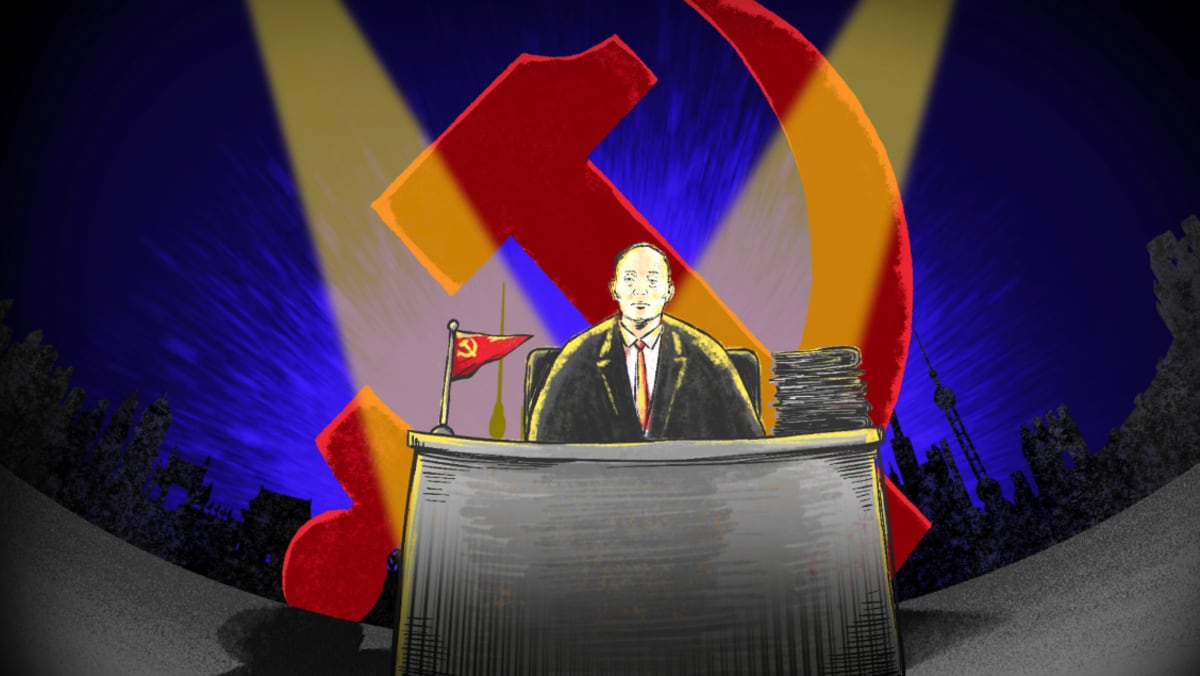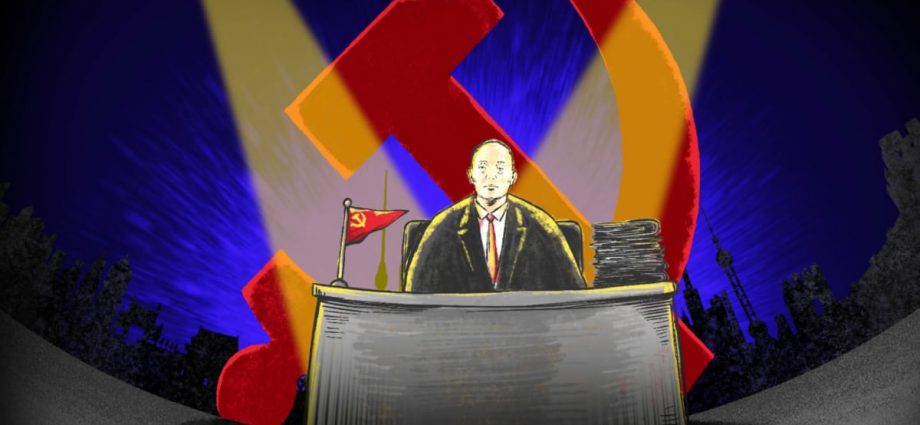
Thomas from the Asia Society said the further concentration of power in the party had added to the clout wielded by the general secretary’s chief of staff.
“It is similar to the US president’s chief of staff in that they are often the official who spends the most time with the top leader and serves as their political gatekeeper, which is arguably a more powerful role in China as a centralised autocracy than in the United States as a federal democracy,” he said.
From very early on in his career, Xi showed great interest in the work of general offices at various levels and the chiefs of staff of senior officials.
He stressed the important role that aides working in general offices played as policy advisers, on top of the heavy workload they shouldered in maintaining the logistics that supported regional chiefs.
“If our general offices can analyse information from all sides, and, much like the brains trusts abroad, can provide key policy suggestions on a regular basis, it will facilitate the speedy decision-making process by our leaders,” he said in an interview with a mainland magazine in 1990, when he was party secretary of Ningde, Fujian.
That became a goal aspired to by officials who later entered Xi’s inner circle, including Ding, who was Xi’s chief of staff from 2017 to March this year and is now China’s first-ranked vice-premier and sixth-ranked party official.
In an article published in 2008 in a mainland magazine devoted to matters related to official secretaries, Ding, then chief of staff to Shanghai party secretary Yu Zhengsheng, said his most important job was offering policy suggestions. Ding was also Xi’s chief of staff during the roughly half a year he spent as Shanghai party secretary in 2007.
Ding added that it was important for chiefs of staff to resonate with their top official’s thoughts, and it was beneficial to learn from the top official’s way of thinking and “art of working”.
In the 1990 interview, Xi said aides in general offices also needed to know when to keep their mouths shut, and that any information leaks could complicate things and damage the solidarity of the party’s leadership.
“There are a great many secrets involved in the work of general offices, and there are clear regulations about the scope of briefing for each file,” he said.
“Especially for things related to political and economic intelligence, one must be highly responsible and better get used to keeping silent when outside.”
The party sees maintaining the secrecy of its inner working as a key indicator of political discipline and loyalty.
In a lengthy Xinhua article in March that revealed how Beijing picked its top government officials, the party hailed the fact that there had not been a single leak during the months-long process of selecting dozens of top government officials.
Close to the end of the 1990 interview, Xi called for more officials from general offices to be promoted – something he followed after becoming general secretary in 2012.
Four of his six colleagues on the current Politburo Standing Committee, the pinnacle of the party’s massive power structure, have worked in the general offices of a provincial party committee or government.
Three, including Ding, have served in a general office directly under Xi. Cai was with the provincial general office when Xi was in Fujian, and Xi’s chief of staff in Zhejiang province, Li Qiang, was appointed the country’s premier last month.
Li Zhanshu retired in March as head of the National People’s Congress, China’s legislature.
The choice of Cai as chief of staff and the elevation of the office could be to do with the needs of a growing number of top-level party committees, according to Li Ling, from the University of Vienna.
She said it was possible the office needed to be at an appropriate rank so that it could regulate the flow of information between these top-ranking bodies.
Thomas said the selection of Cai, 67, might also suggest Xi lacked complete trust in the younger generation.
“It’s possible that Cai’s promotion indicates Xi’s relative lack of trust in his lower-level loyalists on the Politburo, as many political allies that Xi worked closely with earlier in his career have retired or are nearing retirement age,” he said.
“Xi may be reluctant to appoint a younger official who he does not know well personally to serve in such a sensitive role.”
This article was first published on SCMP.

